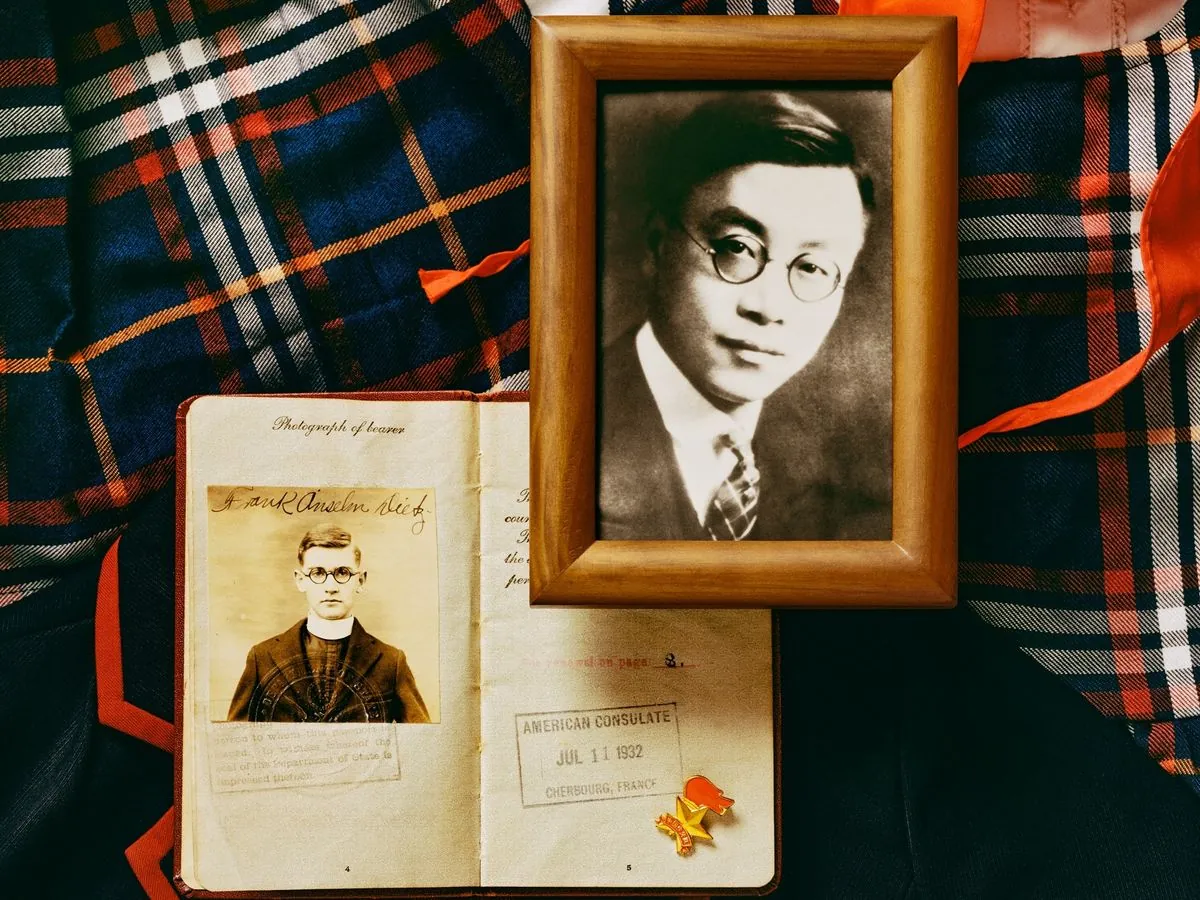Peter Hessler's "Other Rivers" presents a compelling yet incomplete portrait of contemporary China, serving as a sequel to his acclaimed "River Town." Published in July 2024, this work offers a unique perspective on China's transformation over the past three decades, albeit with unexpected interruptions.
The book's original intent was to follow the lives of Hessler's former students from the mid-1990s and compare them with his new students at Sichuan University in 2019. However, the COVID-19 pandemic and escalating U.S.-China tensions significantly altered this plan.
Hessler's writing has long been a touchstone for young Westerners in China, particularly those teaching English. His humane and informed approach to storytelling has inspired many, though not without criticism. Some have argued that such memoirs often lack personal entanglements, presenting a detached view of expat life.
The author's connection to China runs deep, intertwining with the history of the Peace Corps in the country. Established in 1961 by President John F. Kennedy, the Peace Corps entered China in 1993 under the name "U.S.-China Friendship Volunteers." This program, which Hessler was part of, served as a cultural bridge until its closure in 2020 due to political pressures.
In "Other Rivers," Hessler explores the lives of his former students, many of whom have become successful entrepreneurs or educators. Their stories reflect the rapid changes in Chinese society since the 1990s. The author notes the physical differences between his old and new students, highlighting the impact of China's economic growth.
The political climate under Xi Jinping's leadership, who became President in 2013, plays a significant role in the narrative. Hessler finds politics increasingly inescapable, affecting both his teaching and his students' lives. This shift is particularly evident in the education sector, where political pressures have intensified.
The COVID-19 pandemic, first reported in Wuhan in December 2019, further complicates Hessler's experiences. His account of living through the pandemic in China offers a unique perspective, though it's a topic that has been extensively covered elsewhere.
Hessler's departure from China in 2021, following the non-renewal of his contract, leaves some aspects of the story unresolved. His brief focus on the younger generation of Chinese students towards the end of the book attempts to challenge Western perceptions of nationalism among China's youth.
The author's 2020 New Yorker essay on the pandemic in China sparked controversy, with critics like Australian sinologist Geremie Barmé accusing Hessler of self-censorship. This incident highlights the challenges of writing about modern China, especially without the required journalist visa.
"There's no room for feral sinologists in Xi Jinping's China. Politics keep getting in the way, as they got in the way of this book."
In conclusion, "Other Rivers" offers valuable insights into China's transformation but is ultimately shaped by the political and health crises that interrupted its creation. The book serves as a testament to the evolving challenges of writing about and working in contemporary China.
